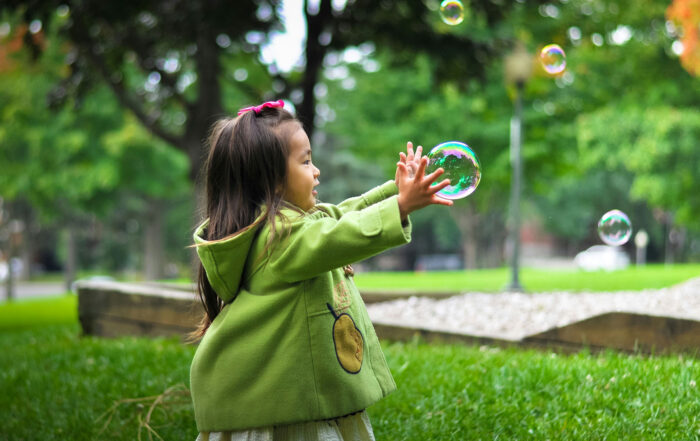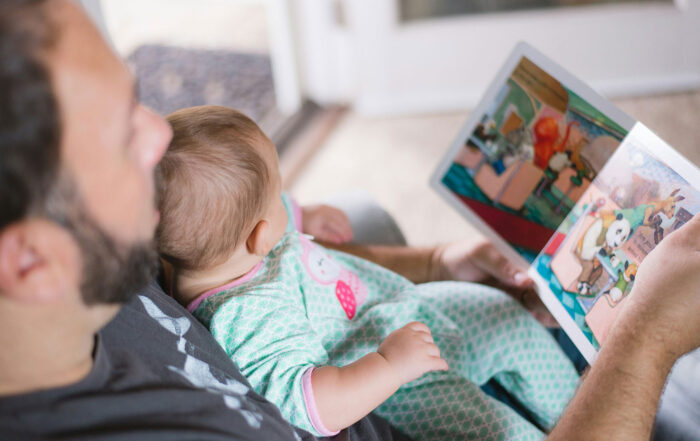
By David M. Allen, M.D.
One of the things that child abuse deniers like the False Memory Syndrome Foundation focus on, besides child abuse apologist Elizabeth Loftus’s irrelevant arguments about the unreliability of memory (more on that at the end of the post), is the fact that many adults who claim to have been victims of incest as children did not tell any other adults about it at the time the alleged incidents took place.
Some children do tell. So why wouldn’t the others?
May logical-sounding explanations have been advanced to explain why not. In an article in the December 2010 issue of Psychiatric Times, Richard Kluft lists several of them: incomprehension, shame, fear of retaliation, and the misperception that the child is to blame. He also mentions loyalty conflicts, but more on that shortly.
Share This Post!
California Surgeon General on Covid: ‘Greatest collective trauma’ of a generation
By Maanvi Singh When Dr. Nadine Burke Harris was first appointed California surgeon general, she set out to address the toxic stress and trauma plaguing the state’s most vulnerable residents. Then [...]
States Address ACEs and Trauma and Build Resilience
By Anna Heard Adverse childhood experiences (ACEs) are potentially traumatic events that can affect a person’s health, well-being and success into adulthood. The COVID-19 pandemic has exacerbated these dynamics by disrupting [...]
Adult ADHD and Childhood Trauma: Is there a link?
By Keri Wiginton If you’re an adult with ADHD, you’re among millions of other grownups who also live with it. Scientists know your genes play a major role in your chances [...]
Uvalde Shooter exhibited ‘almost every warning sign’ expert says
By Nadine El-Bawab The Texas House of Representatives committee report on the Robb Elementary School shooting revealed the accused school shooter exhibited many warning signs in the years, months and days leading [...]
Traumatic Bonding
By Kelly L. Burns, MA, LPC, ATR-P A traumatic bond occurs when you are involved in an abusive relationship, and the abuser becomes an essential part of your life. Abusive relationships [...]
Ukraine’s First Lady Olena Zelenska Takes On the Trauma Of War
By Simon Shuster/Kyiv lena Zelenska, the First Lady of Ukraine, got to bed late on the eve of the Russian invasion. Her kids were long asleep in the presidential residence south [...]







